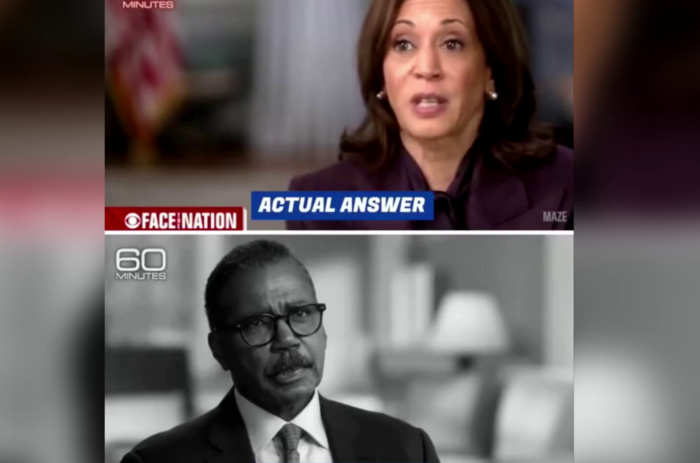redo Jump to...
print Print...
Directions
-Read the excerpt below from the "Best of the Web" post by OpinionJournal.com's editor James Taranto.
-Read "Types of Media Bias" in the right column. Then answer the questions.
From a post by OpinionJournal.com’s editor James Taranto (original post date 5/28/13):
“A long-simmering feud between establishment Republicans and Tea Partyers broke into full view Thursday, with Sen. John McCain accusing younger colleagues of overplaying their hands and tempting Democrats to change Senate rules that protect the minority party,” the Associated Press reports.
It seems to us this feud has been out in the open for at least several months. But look how the AP describes the dispute between McCain and his younger colleagues, including Texas’ Ted Cruz and Kentucky’s Rand Paul:
Cruz, who like Paul is weighing a 2016 presidential bid, renewed his taunts of the party establishment in a speech Thursday on the Senate floor. The more accommodating Republicans, he said, are in cahoots with Democrats to raise the government’s borrowing limit by disabling the GOP’s ability to mount a filibuster threat that could be used to extract spending cuts from Democrats and the White House
Calling it “a dirty little secret,” Cruz said Republicans “would very much like to cast a symbolic vote against raising the debt ceiling and nonetheless to allow our (Democratic) friends on the left side of the aisle to raise the debt ceiling.” . . .
Supporters of the Tea Party-backed lawmakers say [ongoing] controversies have vindicated their sharply partisan, uncompromising views.
Whatever the merits of the dispute, is “sharply partisan” really the right phrase to describe Cruz, who is in fact sharply critical of fellow Republicans? “Sharply ideological” or “sharply adversarial” would seem to be more accurate.
To accurately identify different types of bias, you should be aware of the issues of the day, and the liberal and conservative perspectives on each issue.
Types of Media Bias:Questions
1. Dictionary.com defines non-partisan as: objective; not supporting or controlled by a political party, special interest group, or the like.
Merriam-Webster Dictionary defines bipartisan as: of, relating to, or involving members of two parties (bipartisan commission); specifically: marked by or involving cooperation, agreement, and compromise between two major political parties.
What is the definition of partisan generally understood to be?
2. a) Why do you think the AP chose to describe supporters of the Tea Party-backed lawmakers as having “sharply partisan…views”?
b) Do you agree with Mr. Taranto’s assertion that ‘sharply ideological’ or ‘sharply adversarial’ would seem to be more accurate? Explain your answer.
Scroll down to the bottom of the page for the answers.
Answers
1. Partisan is generally understood to mean strongly supporting one political party over another.
2. a) and b) Opinion question. Answers vary.



